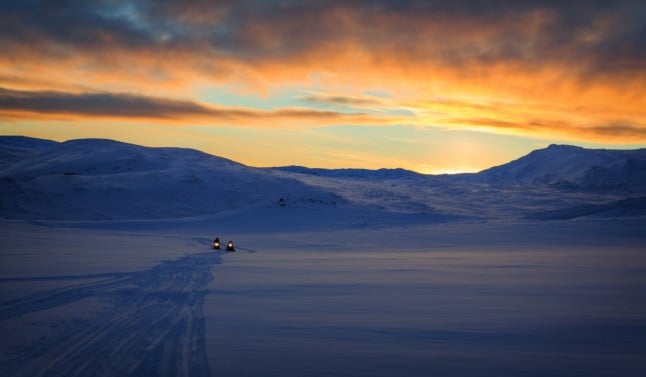According to the newspaper’s anonymous sources, intensive discussions are ongoing over the sensitive deal which could be worth up to several billion kronor.
“The option is not yet taken up and discussions are ongoing, that is all I can say,” confirmed Maria Hamilton at Lundin Petroleum.
According to DI’s sources discussions are ongoing with a major Russian oil firm over assuming a majority stake in the Lagansky block in the central Caspian Sea basin.
Gazprom negotiated an option of a 50 percent share plus one in the Lagansky block licence in 2007.
According to media reports at the time, Swedish minnow Lundin Petroleum had been struggling for some time to secure the myriad of licences required to continue prospecting in the Lagansky area.
Once Gazprom came on board, however, the licences were duly approved by Russian authorities without further ado.
Gazprom has not yet taken up its option and DI reports that the firm is instead planning to focus its investments on its larger projects in the wake of the financial crisis.
It is in Lundin Petroleum’s interest to reach agreement as it would see them receive 400 million kronor ($51 million) to cover some of their reported 1 billion kronor in investment costs already incurred.
A deal with an outside partner would also enable Lundin Petroleum to place a price tag on their Lagansky block licence and therefore an estimate of its value.


 Please whitelist us to continue reading.
Please whitelist us to continue reading.
Member comments